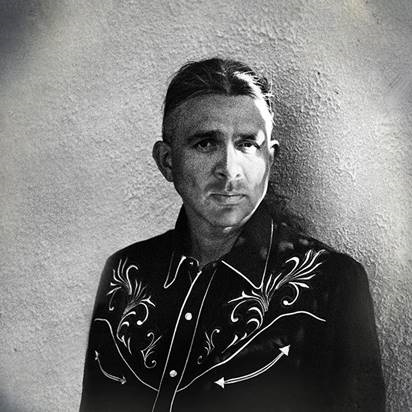 |
| photo: Gary Isaacs |
Stephen Graham Jones is the recipient of an NEA fellowship, the Texas Institute of Letters Award for Fiction, the Independent Publishers Award for Multicultural Fiction, a Bram Stoker Award, four This Is Horror Awards, and he's been a finalist for the Shirley Jackson Award and the World Fantasy Award. By day, he is the Ivena Baldwin Professor of English at the University of Colorado Boulder. His novel The Only Good Indians was just published by Saga Press/Gallery.
On your nightstand now:
Alma Katsu's The Deep, Rachel Harrison's The Return, Andy Davidson's The Boatman's Daughter, a stack of Justified scripts, Jay Faerber and Scott Godlewski's first volume of Copperhead, and a blurb book I'm really excited about.
Favorite book when you were a child:
To Tame a Land by Louis L'Amour. Which is pretty embarrassing. Worse? Knowing what I know now, I still like this book. It's this cowboy in the Old West who's an impossibly fast draw, but he's always ducking behind a rock to read some Plutarch. And in the final showdown, he uses reading Plutarch to win. I really liked, and like, I guess, the idea of someone who can read also being good with the actiony parts of life. Which is to say, I used to think there were going to be a lot more High Noons when I grew up. And, there are, of course, but they're over the phone, they're across a conference table, they're at a podium.
Your top five authors:
Louise Erdrich, Stephen King, Philip K. Dick, Joe R. Lansdale, Octavia Butler.
Book you've faked reading:
Does everybody say here that they've never done that? Oh, oh, wait, maybe I have. Alan Moore's From Hell. I mean, I'm crazy for Moore, I've read way into all the Whitechapel stuff, have read all of his other comics, I read comic books all the time, but I've still somehow never cracked this one open. I've been in discussions where people are talking about it, too--this is where the "faked" comes into play--and instead of volunteering that it's not in my head yet, I just drink my Dr. Pepper especially slowly, and try not to draw any attention.
.jpg) Book you're an evangelist for:
Book you're an evangelist for:
Luigi Meneghello's The Outlaws. It's these kids in Italy during World War II, they're trying to be part of the resistance, but they're also kind of not into being mean, so they come down out of the hills to do raids and stuff, but they wrap their clubs in cloth so they won't actually hurt anybody. I'll forever proselytize for this book. Which is useless, as it's impossible to find. But it's worth the looking, too.
Book you've bought for the cover:
The Buzzing. I think that's what it was called. Can't seem to search it up now, though, and my copy's long gone. The cover was all jagged and colorful, but what really drew me--correct me if I'm wrong, anyone--was that it had a Thomas Pynchon blurb. This made this purchase compulsory. I used to drive six hours to pawn shops to pay too much for a magazine that might have a piece purported to have been written by or about Pynchon. So, reading text that he'd also read? That would practically be communion.
Book you hid from your parents:
Strange Stories, Amazing Facts. Not because it was illicit, but because, first, it was my bible growing up, it told me everything I needed to know, everything I would ever need to know, but, second--and this is why I had to hide it until after lights out--once I started reading it, no way was I ever going to sleep. I'd just read the entries over and over all night, scaring myself more and more.
Book that changed your life:
Where the Red Fern Grows by Wilson Rawls. Took me four checkout periods to get through it in fourth grade. I picked it up because the librarian told me it was about hunting. I so clearly remember sitting in my classroom during free time and reading that last paragraph, then closing the book and holding it shut with my hand, and knowing that I could do that. I could stick an axe in a tree, hang a lantern on it long enough that the axe handle rots away, long enough that everything goes all rusty. That's when I knew I could write--I had a sense for how to end things. But I was always only going to be a farmer, an oil field worker or, if I was lucky, on the rodeo circuit, so I never had any actual plans to write. My life did change at the end of that book, though.
Favorite line from a book:
"I don't steal horses and anyhow you have a crummy horse." It's from Philip K. Dick's VALIS. I hope to someday write a line maybe a quarter as good.
Five books you'll never part with:
My school annual from eighth grade, because that's the only proof I have that that year ever happened. I've lost everybody I knew from then, I mean. The New Oxford Book of American Verse, because when I was 19, I wrote a letter in the back of it to the girl who would be my wife. Isaac Asimov's Neanderthals anthology, which I've actually given away once already, to Joe Lansdale. But I got another--a little mass-market sized hardback that might be a library binding. The Cemetery Dance big special hardback version of Douglas Preston and Lincoln Child's Relic. I read and listen to and watch that one all the time, still. Have never gotten over it. Hope never to. And, fifth, Loeb and Sale's Batman: The Long Halloween. The big Absolute edition. That book brings it every single time I page through it.
Book you most want to read again for the first time:
Darwin's Radio by Greg Bear. For the wonder.
Book you still buy off any used shelf, even though you already have way too many:
The mass market paperbacks of The Crying of Lot 49. Because sometimes I can hold one of them and imagine what it must have been like to find this on a spinning rack, and walk away with it, crack it open in the parking lot, completely unaware of what's about to happen, and keep happening.
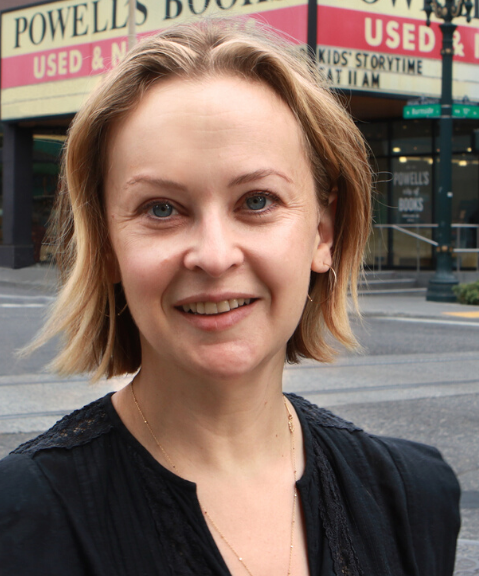 I feel honored, regardless, to do this work every day with my esteemed peers and coworkers here at Powell's (as much as we would also be delighted to have the existential crisis of a global pandemic magically disappear). And I know that I speak for all of us when I say we feel tremendous gratitude for the faith and support you place in us. Thank you for staying with us, thank you for buying your books from us, thank you for your love of reading and writing, and thank you for all of the kindness you have shared with us over the past weeks and months. We hope to keep hearing from you, we hope to keep sending you books, and we hope to see you back in the stacks one day soon."
I feel honored, regardless, to do this work every day with my esteemed peers and coworkers here at Powell's (as much as we would also be delighted to have the existential crisis of a global pandemic magically disappear). And I know that I speak for all of us when I say we feel tremendous gratitude for the faith and support you place in us. Thank you for staying with us, thank you for buying your books from us, thank you for your love of reading and writing, and thank you for all of the kindness you have shared with us over the past weeks and months. We hope to keep hearing from you, we hope to keep sending you books, and we hope to see you back in the stacks one day soon."

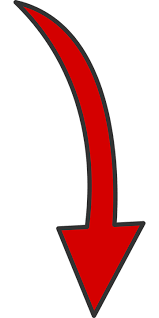 In the third month of data reflecting public health measures taken to fight the Covid-19 pandemic, including the closure of many stores, sales at bookstores in May dropped 59.9%, to $271 million, compared to May 2019, according to preliminary Census Bureau estimates. In the first five months of the year, bookstore sales fell 32.1%, to $2.36 billion. In March, bookstore sales had dropped 33.2%, to $392 million, and in April bookstore sales dropped 74.1%, to $163 million.
In the third month of data reflecting public health measures taken to fight the Covid-19 pandemic, including the closure of many stores, sales at bookstores in May dropped 59.9%, to $271 million, compared to May 2019, according to preliminary Census Bureau estimates. In the first five months of the year, bookstore sales fell 32.1%, to $2.36 billion. In March, bookstore sales had dropped 33.2%, to $392 million, and in April bookstore sales dropped 74.1%, to $163 million. On Thursday, the ABA's eighth annual
On Thursday, the ABA's eighth annual 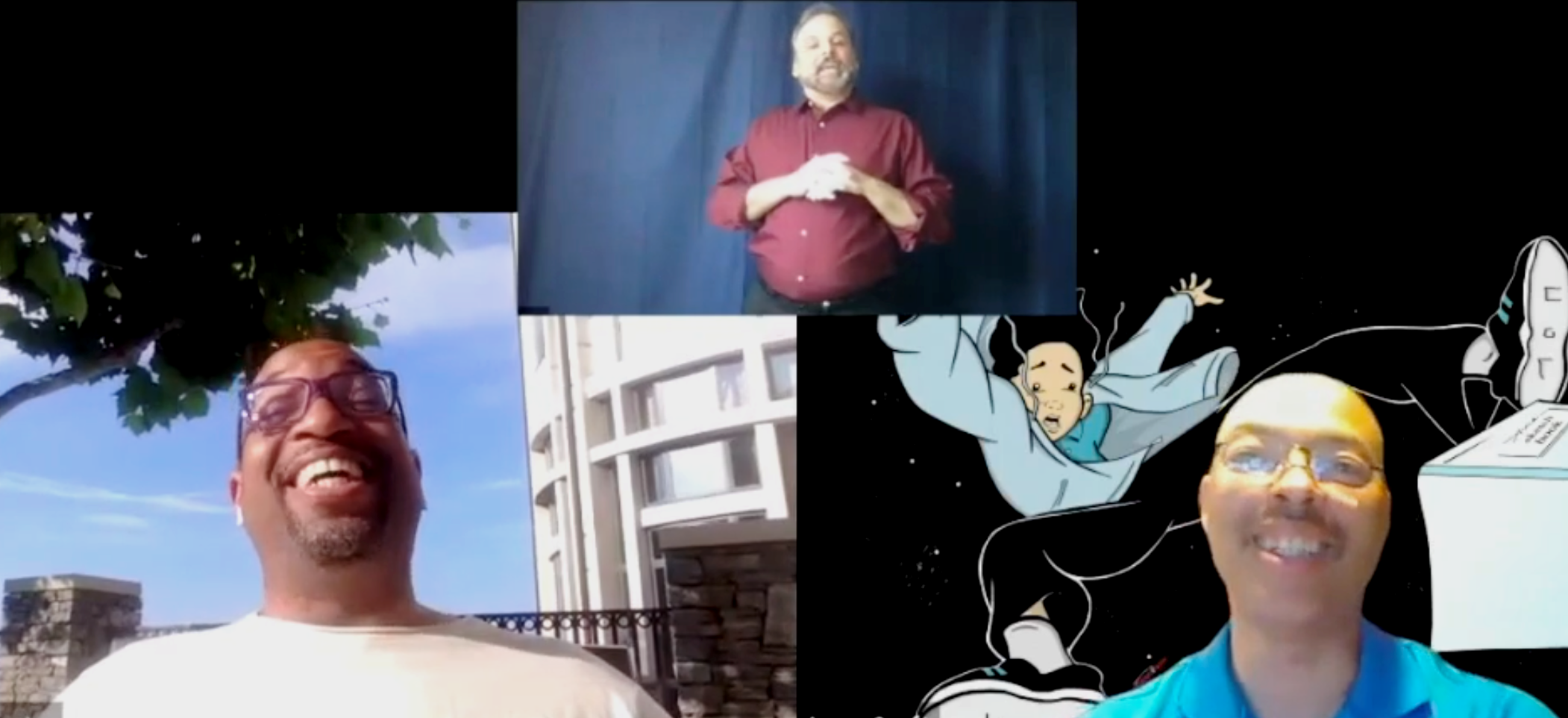
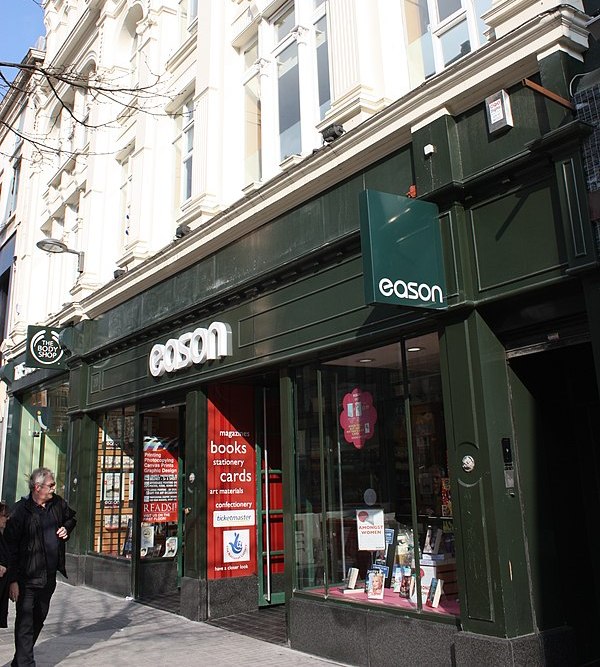 Bookstore chain Eason
Bookstore chain Eason 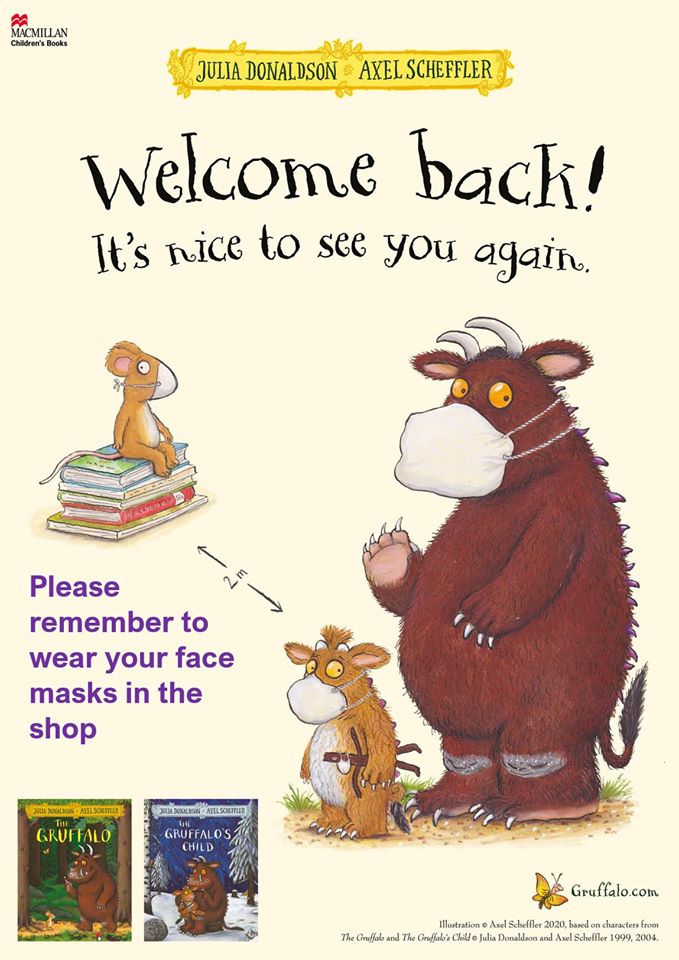 Booksellers in the U.K. are preparing for new rules, which were officially issued in the House of Commons on July 14, that
Booksellers in the U.K. are preparing for new rules, which were officially issued in the House of Commons on July 14, that 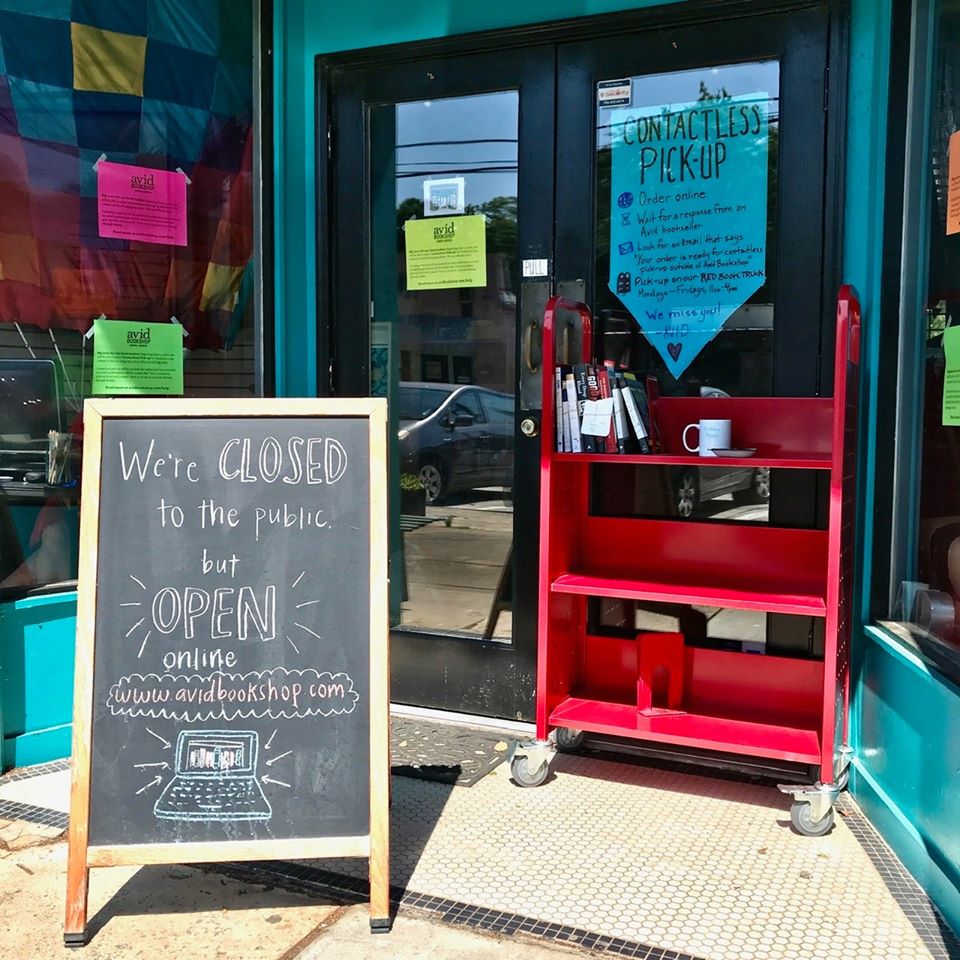 Janet Geddis, owner of
Janet Geddis, owner of 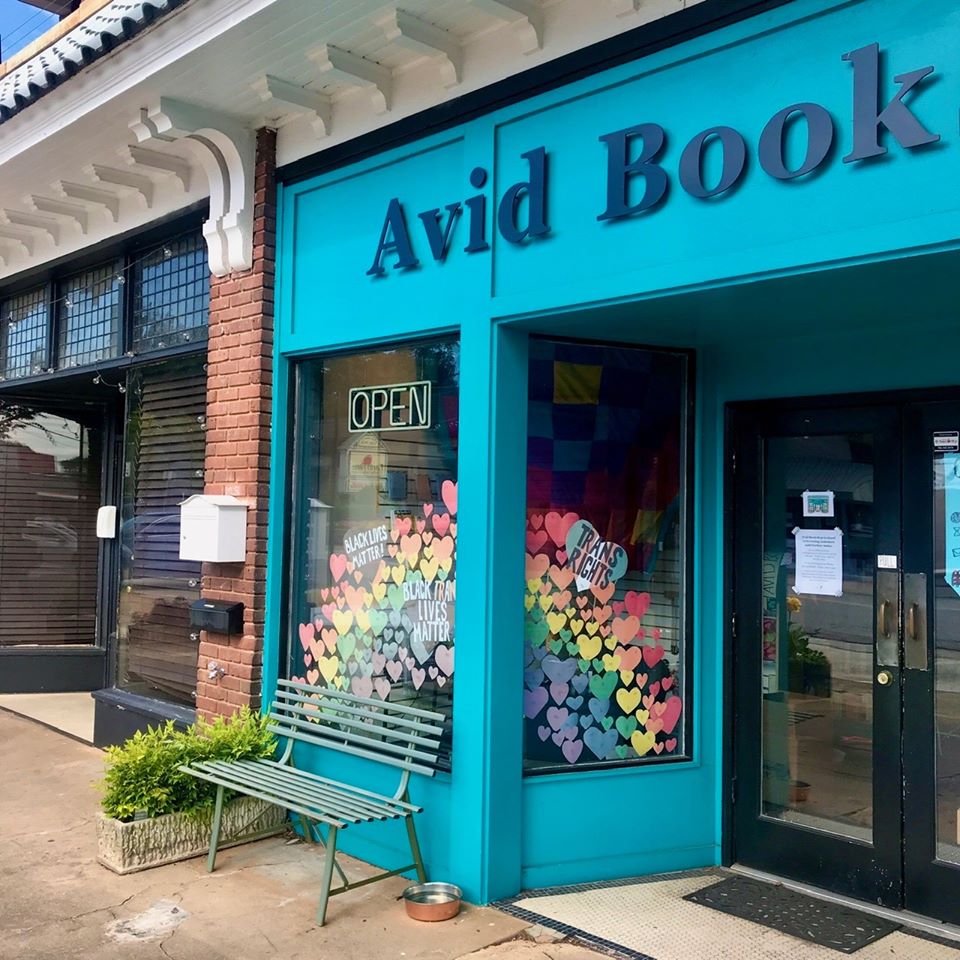 Generally speaking, Geddis added, the store's customers are on board with following social distancing guidelines and wearing face masks. But in Avid's neighborhood, a lot of passersby seem to be flouting the city's recent mask-wearing ordinance.
Generally speaking, Geddis added, the store's customers are on board with following social distancing guidelines and wearing face masks. But in Avid's neighborhood, a lot of passersby seem to be flouting the city's recent mask-wearing ordinance. 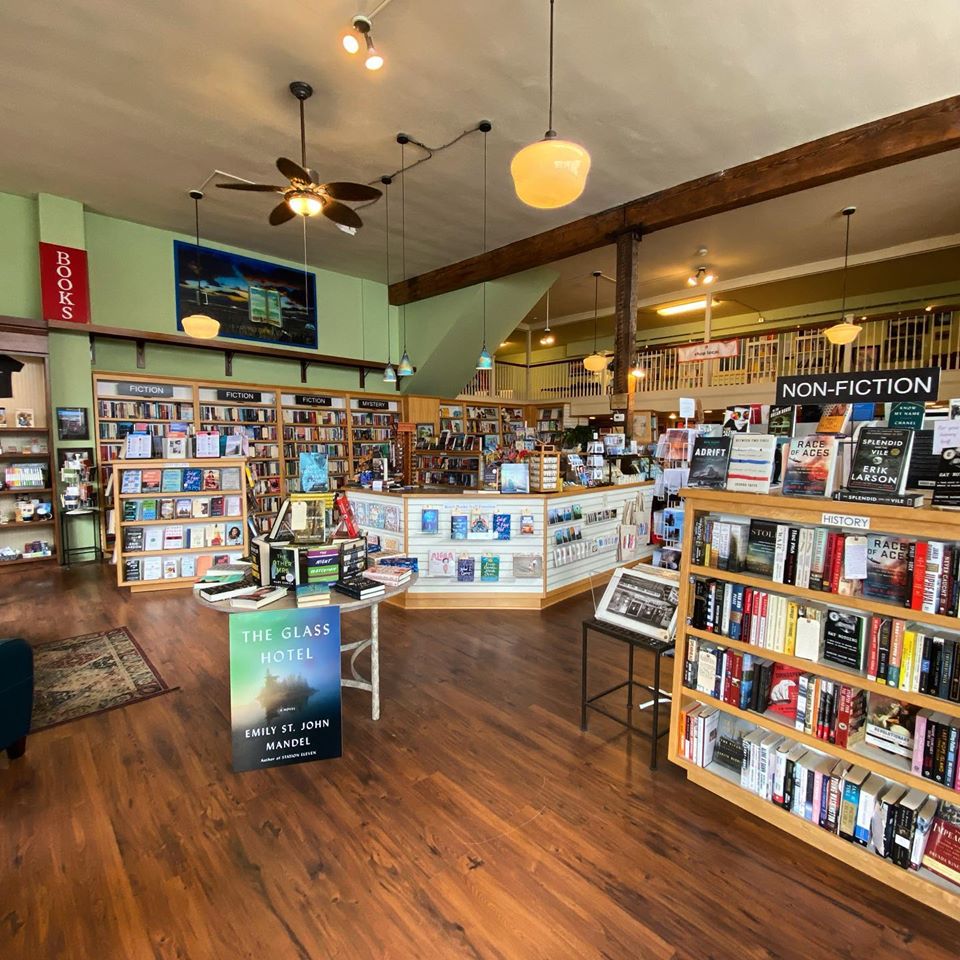 In Seaside, Ore.,
In Seaside, Ore., 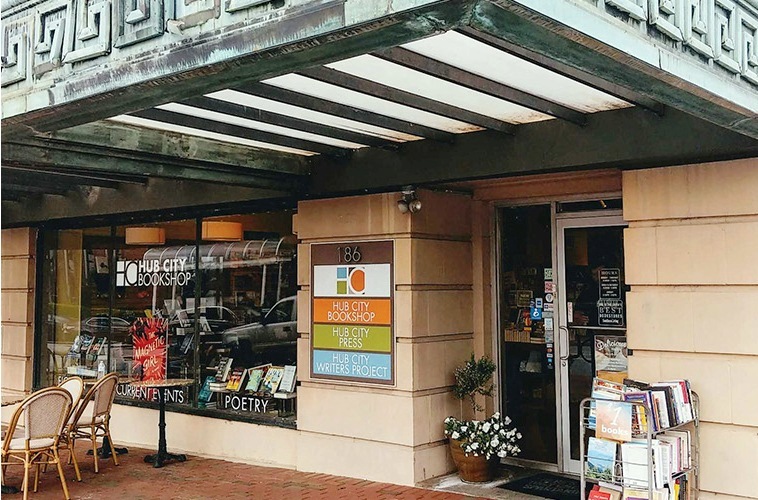
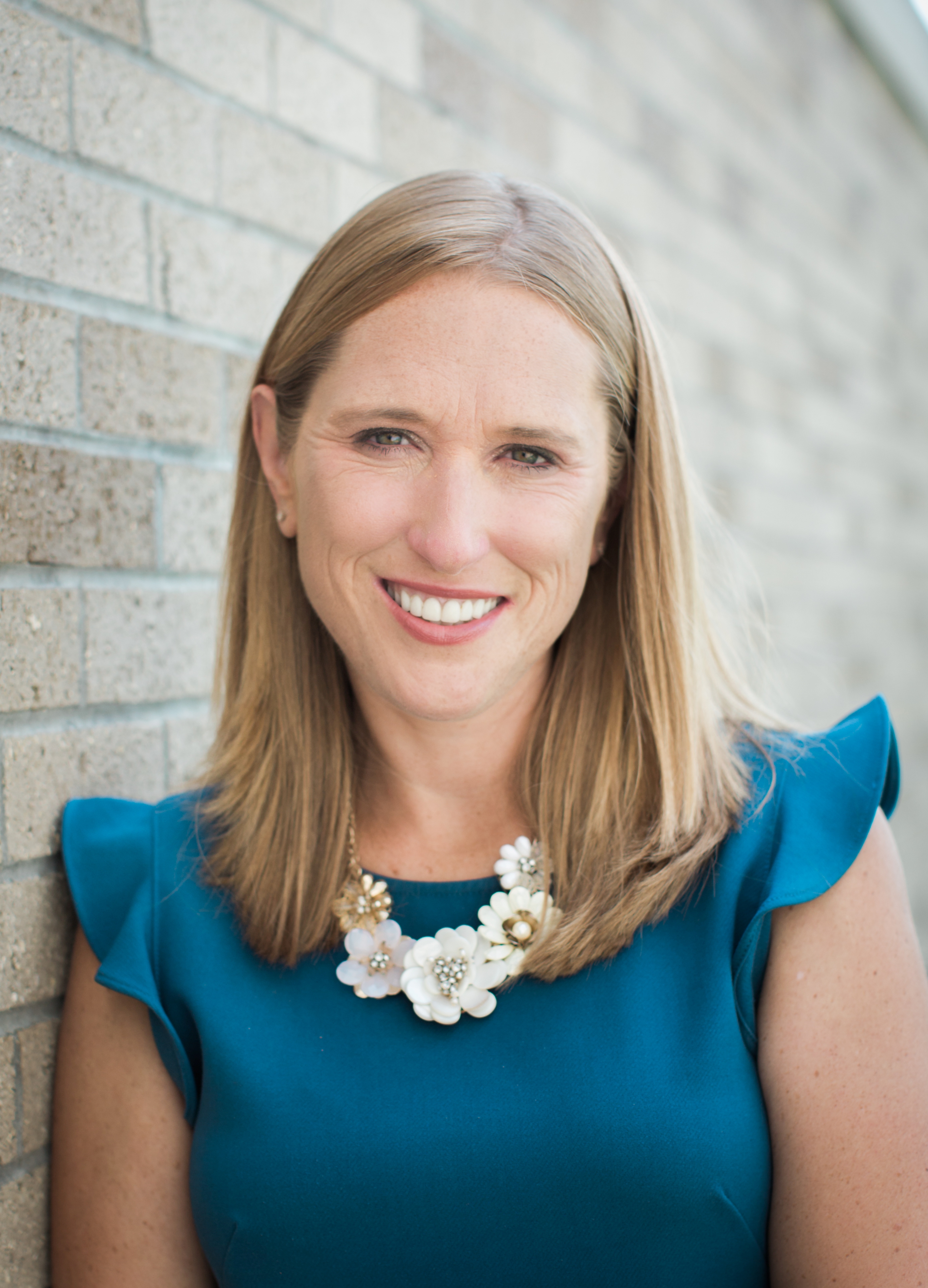
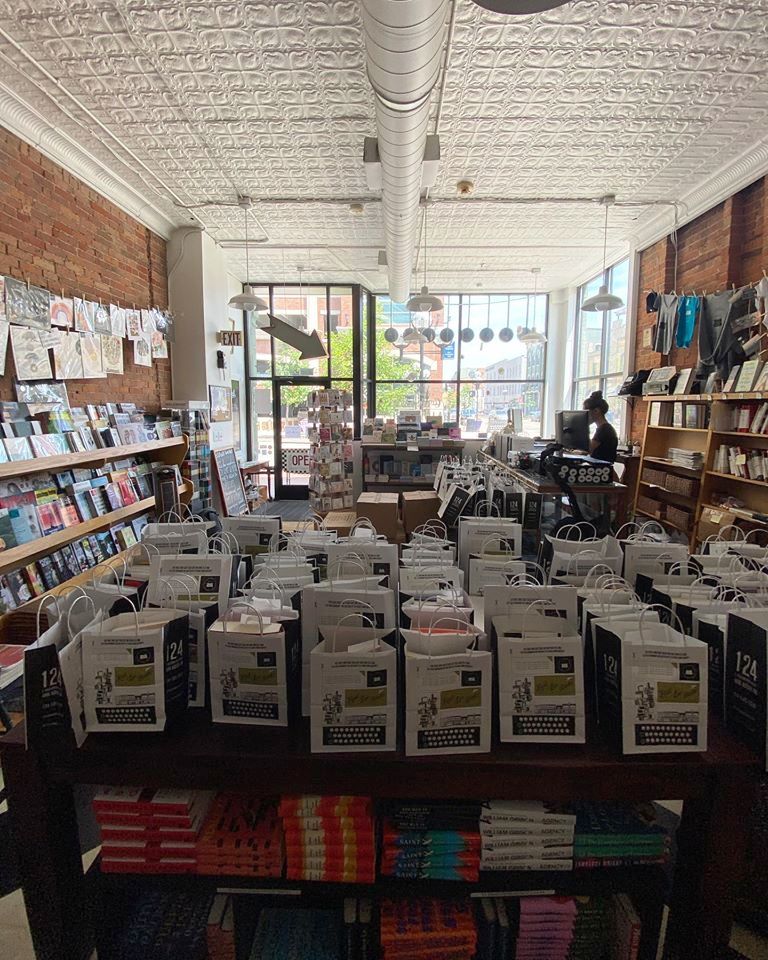 Literati Bookstore
Literati Bookstore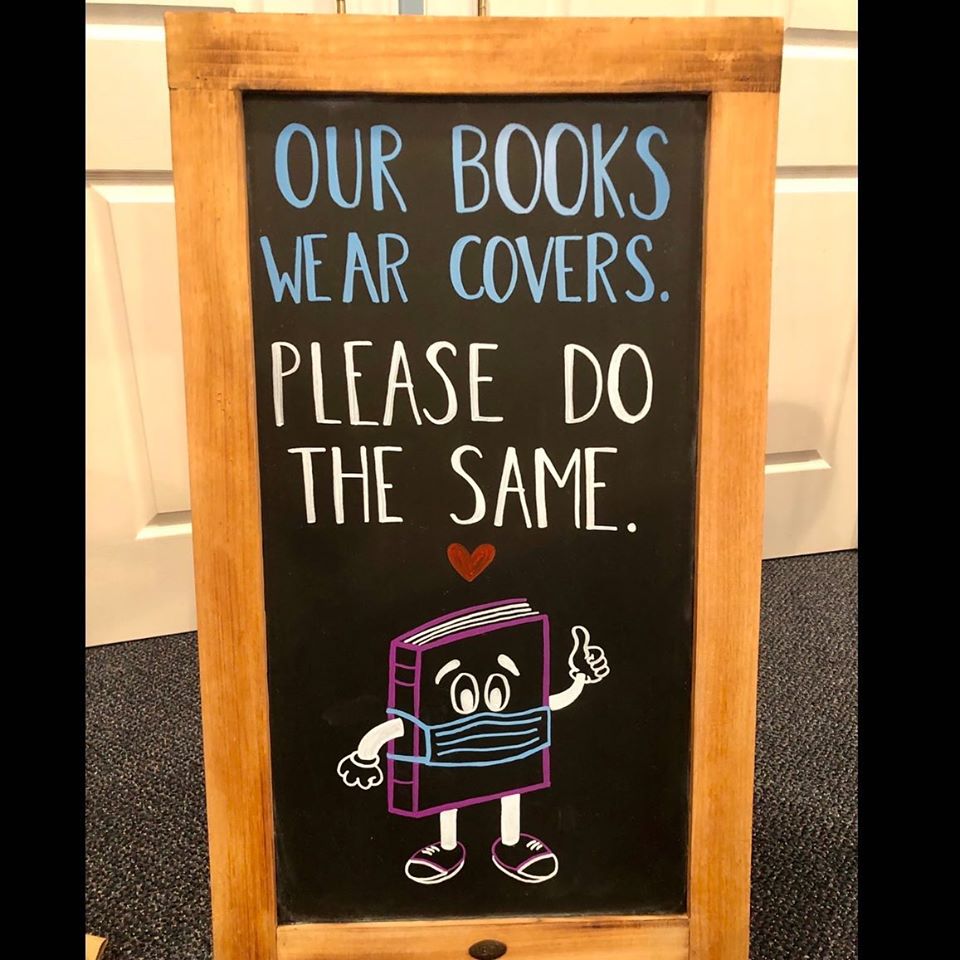
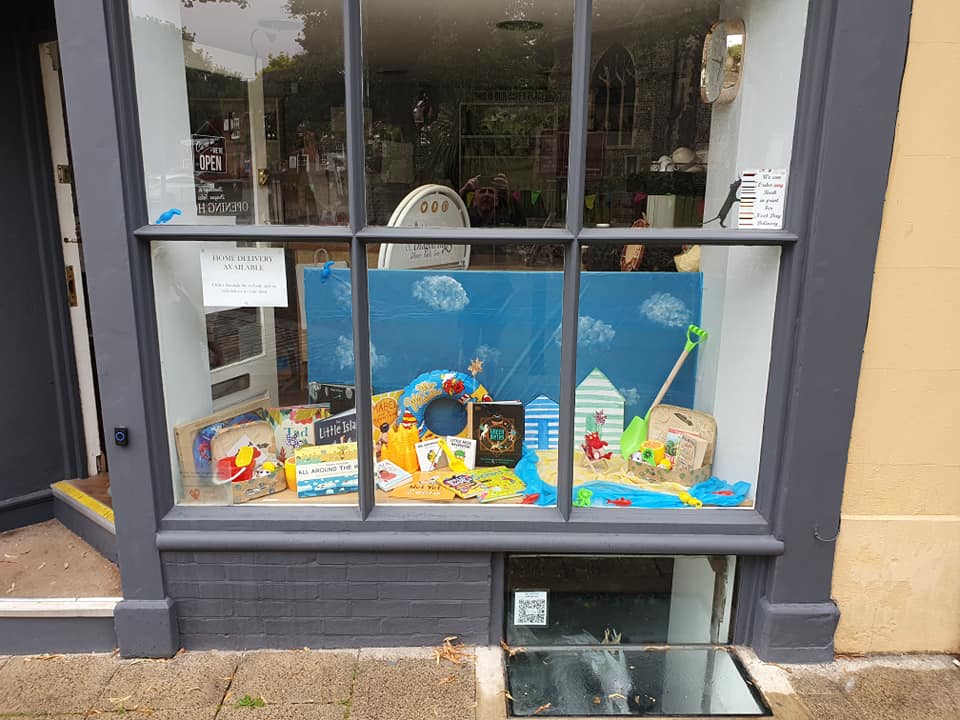 British bookseller
British bookseller  Superman Smashes the Klan
Superman Smashes the Klan
.jpg) Book you're an evangelist for:
Book you're an evangelist for: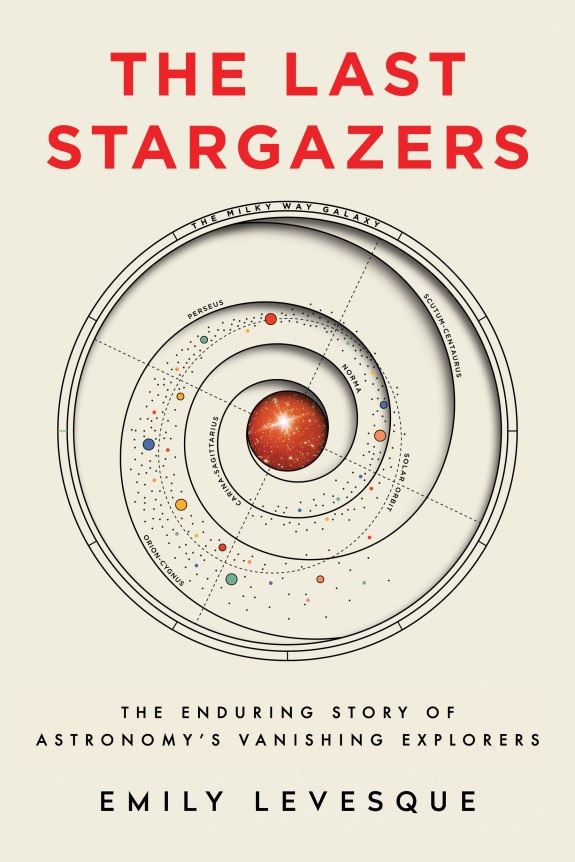 The popular image of an astronomer is a lone figure peering into a telescope, discovering brand-new stars or trying to make contact with aliens. Emily Levesque, astronomer and "weird star enthusiast," knows the reality is a little different. In her first nonfiction book, The Last Stargazers, Levesque charts a course through the rapidly evolving field of astronomy. With humor and heart, she explains the basics of what astronomers do while relating dozens of entertaining anecdotes about her chosen field. She also makes a strong case for why humans should continue to study the skies.
The popular image of an astronomer is a lone figure peering into a telescope, discovering brand-new stars or trying to make contact with aliens. Emily Levesque, astronomer and "weird star enthusiast," knows the reality is a little different. In her first nonfiction book, The Last Stargazers, Levesque charts a course through the rapidly evolving field of astronomy. With humor and heart, she explains the basics of what astronomers do while relating dozens of entertaining anecdotes about her chosen field. She also makes a strong case for why humans should continue to study the skies.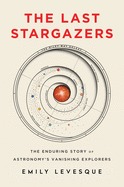
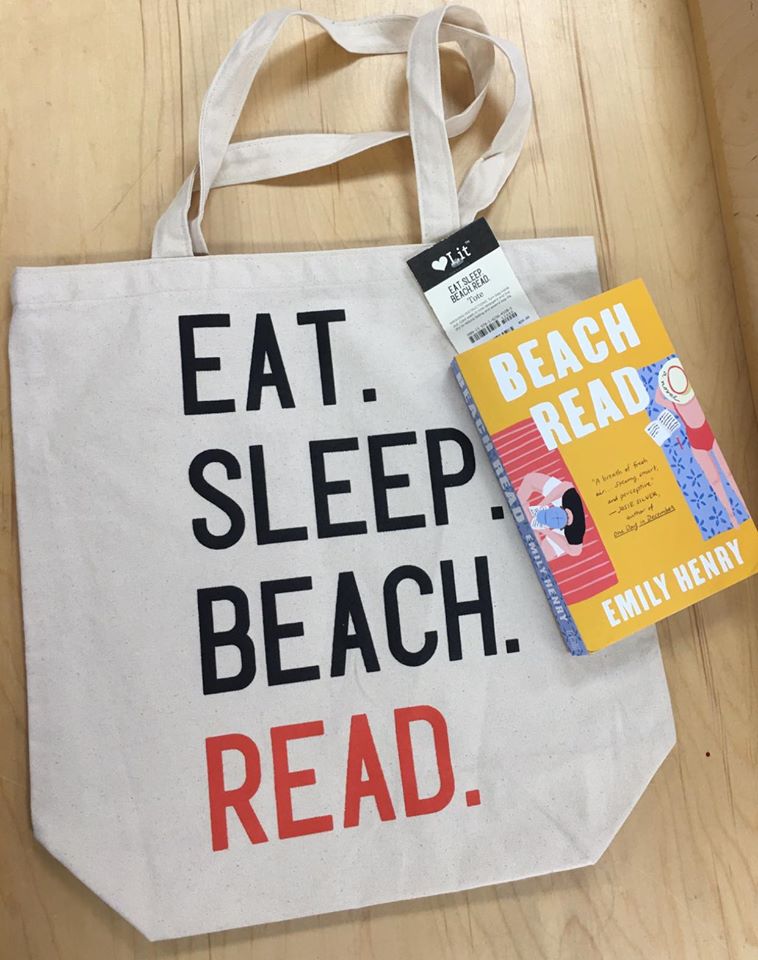
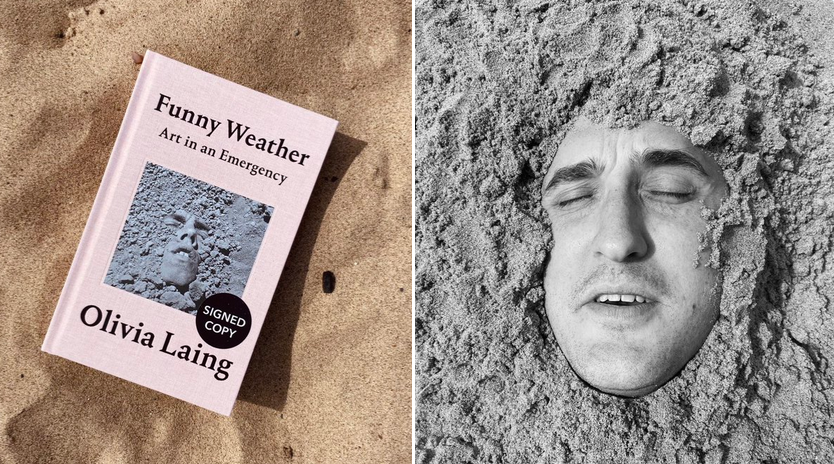 Okay, I'll grant that one delightful exception to this sand submersion rule would be
Okay, I'll grant that one delightful exception to this sand submersion rule would be 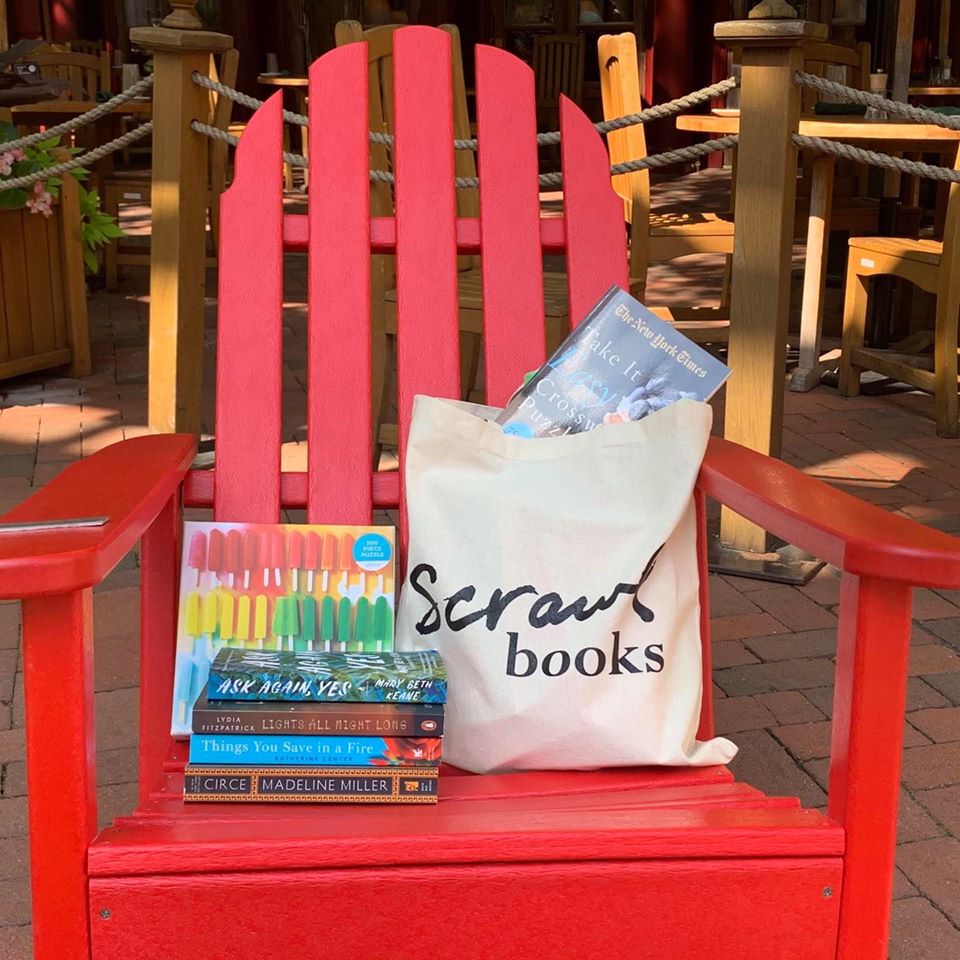 This summer, however, it's a bit more complicated.
This summer, however, it's a bit more complicated.